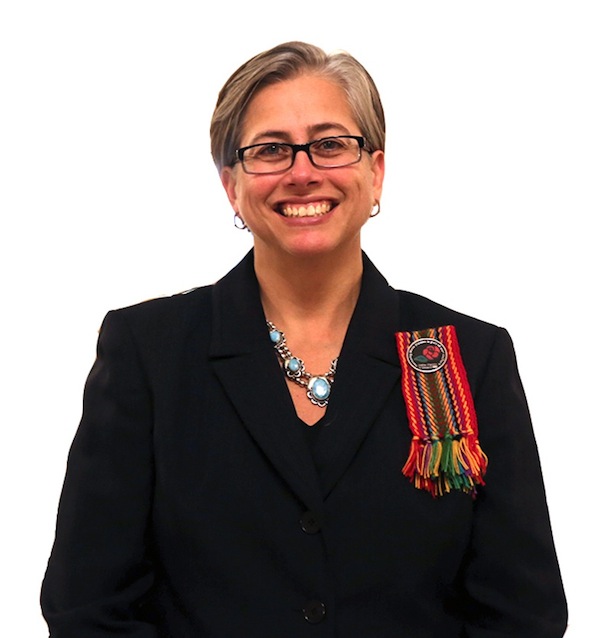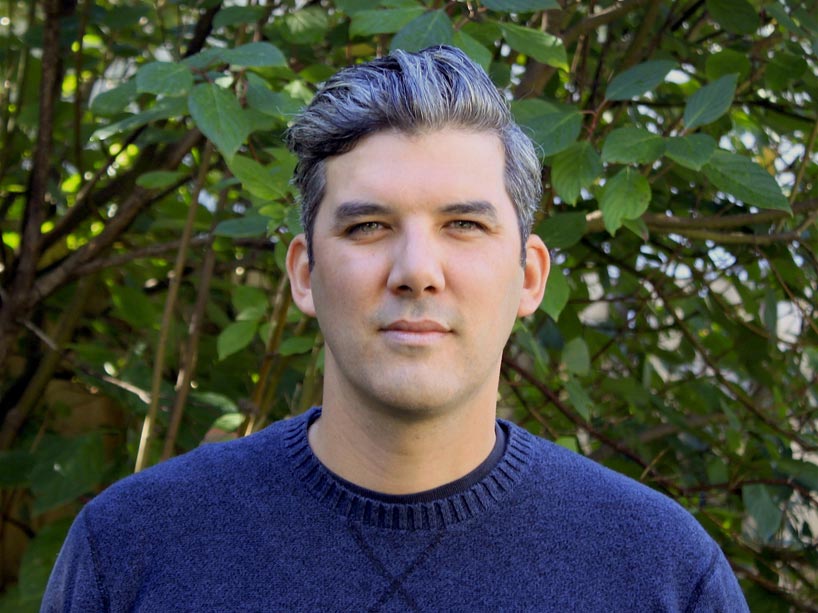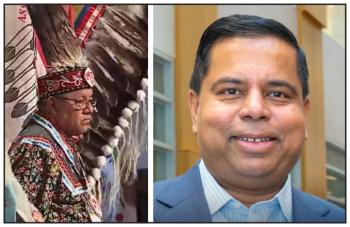Image Caption
Summary
Local Journalism Initiative Reporter
Windspeaker.com
Reaction to a wholesale Cabinet shuffle yesterday by Liberal Prime Minister Justin Trudeau, which included the removal of two ministers integral to the national Indigenous agenda, demonstrates a divide of perspectives between First Nations and Métis in Ontario.
Ontario Regional Chief Glen Hare is frustrated that Crown-Indigenous Relations Minister Marc Miller and Justice Minister and Attorney General David Lametti have been replaced.
First Nations have been working with Lametti on an action plan to implement the United Nations Declaration on the Rights of Indigenous People which was passed into legislation through Canada’s United Nations Declaration Act two years ago.
Work was also ongoing with Miller on changes to the specific claims policy and additions to reserve reform, among other issues.
“We just get hopefully on the thinking that we're getting somewhere and now we're right back to page one again,” an upset Hare told Windspeaker.com July 26.

While Métis Nation of Ontario (MN0) President Margaret Froh praised the work undertaken by the two outgoing ministers, she is “absolutely delighted” about what's ahead from their rookie replacements Gary Anandasangaree in Crown-Indigenous Relations and Arif Virani in Justice and Attorney General.
Froh says she is looking forward to “working closely” with Anandasangaree on Bill C-53, an Act respecting the recognition of certain Métis governments in Alberta, Ontario and Saskatchewan, to give effect to treaties with those governments and to make consequential amendments to other Acts. It received first and second readings in the House of Commons on June 21 before the house broke for summer recess.
Ontario chiefs led the way at the Assembly of First Nations annual general assembly earlier this month with a resolution to kill the Métis self-government bill. Their concerns centre around what they call unproven claims by the MNO for an expanded membership list and, since 2017, the formal recognition by the Ontario government of six additional historic Métis communities.
Froh says Bill C-53 only pertains to the internal workings of the three Métis governments and does not deal with land, harvesting or any land-related rights. As such, she says, it does not impact the rights of First Nations.
Miller had offered to broker talks between the Ontario chiefs and MNO.
Both Anandasangaree (MP for Scarborough-Rouge Park) and Virani (MP for Parkdale-High Park) were elected as Members of Parliament in Toronto in 2015.
“I've had a chance to get to know both of them and I think that they're going to be excellent in the roles,” said Froh.
Anandasangaree’s past duties have included serving as parliamentary secretary to the minister of Justice (2021-2022) while work was underway to harmonize Canada’s laws with the United Nations Declaration. He also served as parliamentary secretary to the minister of Canadian Heritage and Multiculturalism (2018-2019) when legislation for revitalizing Indigenous languages became law.
In 2019-2021, he served as parliamentary secretary to the minister of Crown-Indigenous Relations.
Froh commends Anandasangaree for the work he did on Indigenous language legislation and notes that he was present in 2019 when the Métis Nations of Alberta, Saskatchewan and Ontario signed their first Métis self-government agreements with the federal government.
Anandasangaree also attended the MNO’s annual general assembly last August in Toronto.
“He seems to really understand the importance of community and I think he's got a very good way about him, extremely approachable and obviously very aware and informed. I found him very thoughtful,” said Froh.
As for Virani, Froh has known him since the 1990s. They went to law school together.
Virani’s past duties have included serving as parliamentary secretary to the minister of Justice (2018-2021) and parliamentary secretary to the minister of Canadian Heritage and Multiculturalism (2017-2018). He has also served on committees and subcommittees for Justice and human rights.
Virani was vice-chair for the committee that reviewed Trudeau’s decision to invoke the Emergencies Act in 2022 from Feb. 14 to Feb. 23 during the trucker convoy protest and illegal blockades.
“I see (Virani) committed to community and again bringing forward a very strong foundation in law, in human rights as well as that understanding of the importance of reconciliation. I think that those are going to be skills and experience and knowledge that is going to serve him well in his new role as minister of Justice and Attorney General,” said Froh.
As much as Froh knows the two new ministers is as much as Hare knows nothing about them, except for the loss of time in bringing new ministers up to speed on issues that impact First Nations across the country.
At the AFN’s annual general assembly, resolutions and issues discussed included the action plan to implement the United Nations Declaration; changes to the specific claims policy and additions to reserve reform; funding for off-reserve members; proposed federal drinking water and wastewater legislation; revitalization of Indigenous laws and legal orders; among other ongoing work with both Miller and Lametti. Both ministers had addressed the assembly and answered questions.
However, it’s not only the loss of Miller and Lametti that has Hare concerned. Marco Mendicino has been replaced as Public Safety minister by Dominique LeBlanc.
“We're talking about policing. We're trying to get laws, policing laws and getting our policing back on track,” said Hare. “I just met with (Mendicino and Lametti) two or three times in the last month and look where we are again. It’s disappointing.”
There are also new ministers for health (Mark Holland) and mental health and addictions (Ya’ara Saks) at a time when opioids are taking First Nations’ lives at an alarming rate.
“Where are we with opioids? And now if I bring this up to these new ministers, they're just going to look at us,” said Hare.
It’s just one more delay he anticipates in moving the First Nations agenda forward as he will inevitably be told by the new ministers that they don’t understand enough to make decisions right away.
“The first thing I'm going to hear again…is they’ll say, ‘I don't know First Nation issues. I know very little, so let me take it back.’ When they take it back, how long? How long is that?” said Hare.
Hare is also frustrated that despite Trudeau claiming in 2015, when he won his first of three consecutive elections, that the relationship with Indigenous peoples is the most important one for Canada, that Trudeau has gone ahead with naming a new Crown-Indigenous Relations minister without talking to First Nations.
“I just think that we should be part of any decision being made or at least witness them versus nothing at all,” said Hare. “Talk to the chiefs who represent our regions. There's 12 of us. (Ask us), ‘What do you think of (this choice) here’ and then he gives us a name… (Ask us), ‘Can you work with him?’ Like those kind of inputs versus zero. He's just sending these new guys to our table now and we're just taken by surprise.”

Shuffling out Miller and Lametti is “pretty significant,” says Hayden King, Anishinaabe from Beausoleil First Nation and executive director of the Yellowhead Institute, an Indigenous think tank housed at Toronto Metropolitan University.
“These are two of the most important Cabinet portfolios…for leading the government engagement with First Nation, Métis and Inuit people on a variety of policy and legislative issues…(and) Indigenous issues,” said King.
He views the two rookie ministers in those positions as “placeholders,” junior ministers in the Cabinet, who when lobbied by Indigenous leaders, will get little traction on their issues.
He also anticipates as they are both Toronto MPs that they will have limited understanding of the north and other parts of Canada.
As for LeBlanc as the new public safety minister and Quebec MP Diane Lebouthillier as the new minister for Fisheries, Oceans and the Canadian Coast Guard, another significant department for Indigenous engagement, King anticipates there will be little progress in those files in the months ahead.
King sees the changes in Cabinet as a departure from Trudeau’s first-term election promise of having a significant relationship with Indigenous peoples.
“I think it's an indication that reconciliation is falling further down on the Liberal government agenda as it enters the last stages of its government,” he said.
Courtney Skye, a Mohawk from the Six Nations of the Grand River Territory and fellow at the Yellowhead Institute, also thinks the Indigenous relationship doesn’t figure as prominently anymore, although it likely is still an important policy and makes up a “significant part” of the discussions at the Cabinet table.
However, she says, the Trudeau government has failed to strike the balance of working on a long-term relationship with Indigenous peoples while also dealing with the “current events.”
She points to the demonstrations that began at the Brady landfill site, when Manitoba Premier Heather Stefanson announced her government would not be going forward with a search of the Prairie Green landfill where the bodies of Morgan Harris, Marcedes Myran, and Buffalo Woman are believed to be located.
“I do think that Marc Miller has caught a lot of heat for different remarks that he's made at different times (which are) not necessarily contributing to progress or answering community calls for justice on the ground in places like the Brady Landfill and…all that activism,” said Skye.
She categorizes Miller’s response as “political theatre,” haggling over jurisdiction and promoting intergovernmental back-and-forth instead of trying to understand what the community was going through and trying to build trust.
Skye doesn’t view having new ministers as a full reset of the relationship.
“It’s just because we've seen this pattern over and over again. I might be very cynical (but) to say we're going to try it all again and this time it will be different when it's the same thing we've tried over and over again,” she said.
However, she does have hope that there might be “a kind of reset of an agenda to think about what kind of actions might be taken. So there might be adjustments in the course of the way policies are being implemented or developed for the issues that are top of mind right now for grassroots people.”
Only eight ministers in the 38-minister Cabinet retained their portfolios, including Patty Hajdu with Indigenous Services, and Dan Vandal with Northern Affairs.
With so many facets of the relationship between government and Indigenous peoples changing, Skye contends that Hajdu “probably has the best rapport to be able to stay and maintain continuity in those relationships.”
Trudeau appointed Miller the new Minister of Immigration, Refugees and Citizenship. Neither Lametti nor Mendicino got new Cabinet positions and Trudeau offered no explanation as to why either man was ousted from Cabinet.
Cabinet remained the same size, equally split between men and women. Vandal, Manitoba MP for Saint Boniface-Saint Vital and Métis, remained the only Indigenous minister.
Local Journalism Initiative Reporters are supported by a financial contribution made by the Government of Canada.

